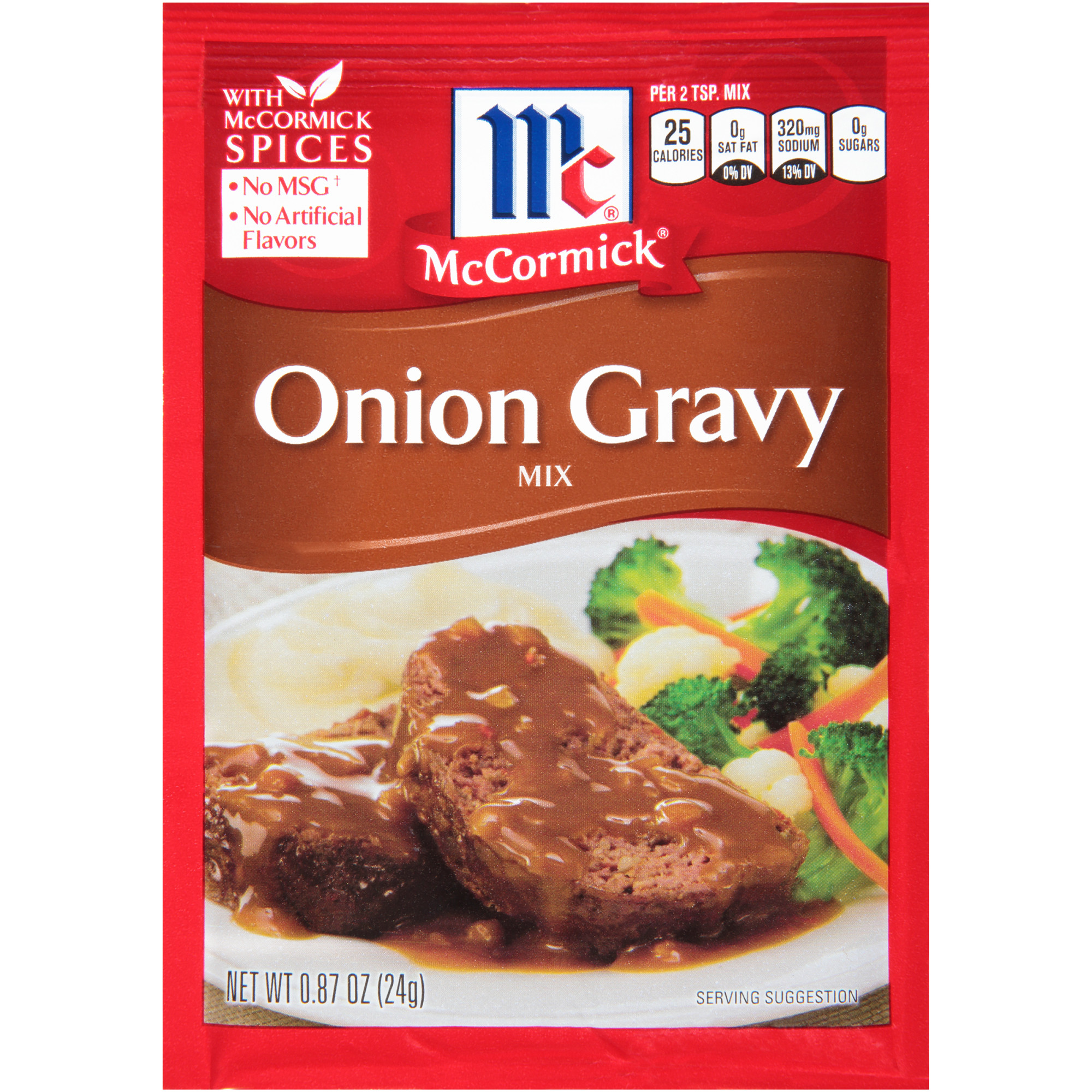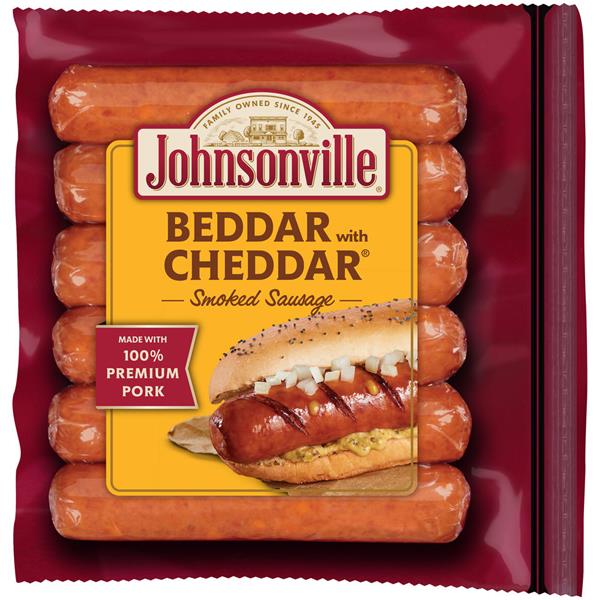The cost of doing business in America is going up again and it can't be good for our economy over the long term. The more taxes businesses have to collect and remit, and the more time they have to invest in being tax collectors, laboring to be compliant with some "
10,000 state and local jurisdictions nationwide" the less time they may have to be entrepreneurs and focus on growing their businesses and securing the economy for everyone. I wonder how many thousands upon thousands of hours are committed to that task nationwide? Make that 10,001 jurisdictions. Our county seat just managed to get a new online use tax passed that some poor out-of-state vendor is going to have to collect. And, the number of jurisdictions may be higher than 10,001 by now. The linked article was written in June of 2018. (Its around 11,000 now.)
As of 2014, Missouri was, by far, the leader, having the most taxing jurisdictions statewide. I'm trying to find out what it is now, in 2019. The number is growing nationwide nearly every day.
Wyoming, by the way, is ranked #1 as the best state in the nation as far as being business-friendly. Missouri ranked #14 - and, we're not a right-to-work state. So, there's that.
Collecting taxes is a part of doing business, it has been, well, for as long as I can remember. But, I cannot help but feel sad for business owners across the country with respect to the struggles they're facing with compliance these days. I wish they could start billing for the services they provide as de facto tax collectors. Other tax collectors get paid for doing their jobs. On average, according to
payscale.com,
a tax collector makes over $43,000 a year. I didn't find a date for when that stat was added to the site, but it might still be accurate. It might even be higher. Wow. What a boon that kind of extra income could be to a business person's bottom line. It would certainly make tax compliance a welcome activity. And, we can't forget that the extra money businesses have to put into overhead to ensure they're compliant may also reduce their spending power for innovation and expansion. It's a horrible cycle we, the voters, have gotten our business people into. When we went to the voting booths to decide on adding use taxes, we had the chance then to say no. The taxes are there now, and they're nesting like some awful smelly birds. Let's hope they don't hatch any new taxes.
The main argument used to justify the implementation of online use taxes that businesses must now collect is that they 'level the economic playing field,' between online retailers and brick and mortar businesses. Couldn't it be leveled by cities, counties, and states reducing taxes already in place? Couldn't they cut the local guys a break?
There have been a few states working in a positive direction. I hope they're successful in their endeavors. There are other states in our nation that don't have state use taxes, and there are states which have no state income taxes. I wonder how they're making it all work?
I feel for the business owner mentioned in the article linked above, who estimates that she is paying around $3,300 per year for a piece of software just to keep up with required compliance. That's a lot of hard-earned money going for one item needed to do business. Frightening. The cost could be higher for other companies with more to track. Think of what those entrepreneurs could do with that money - expand, offer more variety, hire more employees? Collection and remittance is only one side of the problem, however. The new use taxes have a negative impact on consumers as well.
There was a little ray of hope for Americans in 2017, with President Trump and the Republican lawmakers' initiatives to make tax cuts. There was hope that American taxpayers might get to keep some of their income, but with more use taxes coming 'online' everyday, that hope may be more ethereal than real. Even if Americans are able to retain or recover a little of their initial income as it enters the front door of the house, they may find it leaking out the 'sales and use tax holes' in the back door. To keep personal budgets in balance, those families may have to reduce their purchases, and accordingly the amount of front-end taxes they pay. Those are the only taxes an American has immediate control over. Don't buy something and you don't pay the tax. That sound you may have just imagined wasn't a door slamming. It was another American's spending power bottoming out. At least, it kind of feels that way.
It's a game of wait-and-see now. The downhill view of the new use taxes is bleak. It just doesn't offer consumers a lot of hope that their favorite online retailers are going to survive the over-burdensome compliance rash forced upon them. Lotion certainly isn't going to fix it. That's taxed too.
One of these days we'll have to get into the subject of 'marketplace facilitators' and how all these use taxes benefit, or hinder, online third-party sellers. Some of those facilitators are Amazon, Walmart, eBay, and Etsy,
But, even if a seller is using one of those facilitators, the third-party seller is responsible for making sure the right taxes are getting charged.
 1 Pkg Green Giant Steamer Riced Cauliflower Mixed Medley or Green Giant Steamer Riced Cauliflower with Broccoli
1 Pkg Green Giant Steamer Riced Cauliflower Mixed Medley or Green Giant Steamer Riced Cauliflower with Broccoli 1/2 Pkg (or whole pkg) McCormick Onion Gravy Mix (prepared according to directions) *You could use brown gravy or beef gravy with this too.
1/2 Pkg (or whole pkg) McCormick Onion Gravy Mix (prepared according to directions) *You could use brown gravy or beef gravy with this too. 




